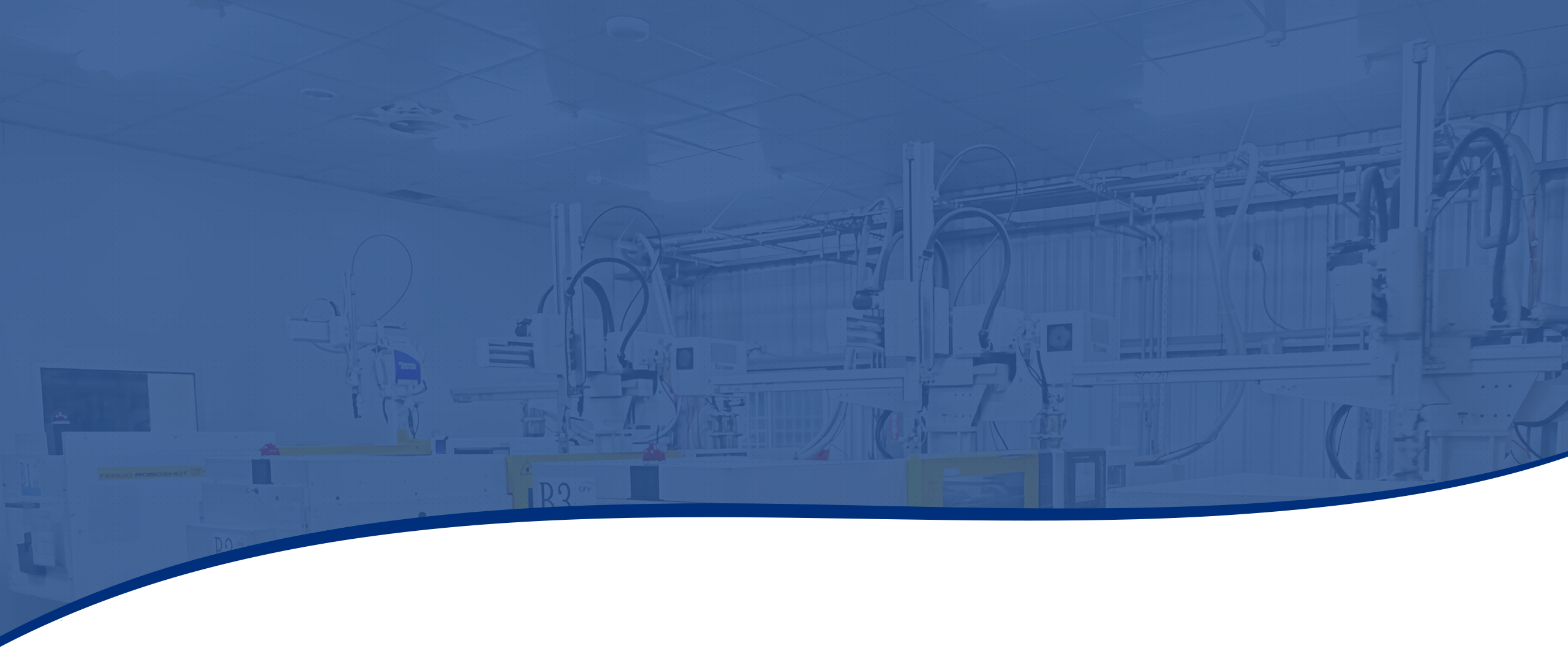Electrochemical milling is a unique manufacturing technique that utilizes the principle of electrolysis to remove materials. Unlike traditional machining methods, ECM is non-contact and utilizes an electrolyte solution and a cathodic tool to remove material from the anodic workpiece. One of the distinct advantages of this method is that it does not generate heat, thereby eliminating common issues like heat damage and stress encountered in traditional machining processes.
ECM is particularly suited for the precision machining of complex geometries and hard materials, including alloys such as chromium-nickel-iron alloys, which are often difficult to machine using conventional methods. Electrochemical milling finds applications in various industries such as aerospace and automotive for manufacturing complex components. Its ability to produce high-precision parts with excellent surface finish quality has made it increasingly valuable in modern manufacturing.
Different types of electrochemical machining include:
- Electrochemical grinding: This process combines electrochemical corrosion with physical grinding to effectively remove material while minimizing stress on the workpiece. It is beneficial for hard materials that are difficult to machine using conventional methods.
- Electrochemical drilling: Electrochemical drilling involves the use of electrolyte flow and electrical current to dissolve material in localized areas, creating holes. It is suitable for drilling small and precise holes, especially in high-strength, high-temperature alloys.
- Electrochemical deburring: ECD (Electrochemical deburring) removes burrs (sharp edges or corners) quickly and controlledly. Burrs are common by-products of machining operations.
The ECM process involves immersing the workpiece, which serves as the anode (positive electrode), and the tool, which serves as the cathode (negative electrode), in an electrolyte solution, typically sodium chloride (NaCl) or sodium nitrate (NaNO3) aqueous solution. The electrolyte flows over or around the tool head, and when a direct current passes through the workpiece material, its surface ions gradually dissolve due to electrolysis, forming the desired shape.
Since ECM does not involve any mechanical contact between the tool and the workpiece, it is considered a non-traditional machining process. This absence of heat generation provides significant advantages by preventing thermal damage to the workpiece. Additionally, the smaller electrode gap eliminates tool wear, allowing for consistent machining accuracy even in large-scale production.
Advantages of electrochemical milling include reduced mechanical stress, high precision, excellent surface finish quality, and lower maintenance costs compared to traditional machining methods. However, ECM also has limitations such as high process costs, difficulty in waste disposal, and restrictions on certain types of materials.
The industries most likely to utilize ECM include:
- Aerospace industry: ECM is commonly used in the aerospace industry to manufacture precision components for aircraft and spacecraft. It produces components like turbine blades and fuel injectors with complex geometries challenging to produce using traditional methods.
- Automotive industry: ECM is used in the automotive industry to manufacture parts with complex geometries such as cylinder heads, pistons, and fuel system components. It provides high precision and smooth surface finish critical for high-performance engines.
- Medical equipment manufacturing: ECM is employed in the medical field to produce surgical instruments, implants, and equipment with intricate shapes and sizes. This process ensures tools have smooth surfaces to prevent patient discomfort and reduce the risk of infection.
- Electronics industry: ECM is used in the electronics industry to manufacture micro-components for various devices. Producing high-precision small parts is a key advantage in this field.
- Tool and die industry: ECM is used in the tool and die industry to manufacture complex molds and dies that are difficult to produce using traditional machining methods. It helps create accurate and detailed molds required for mass-producing parts.




